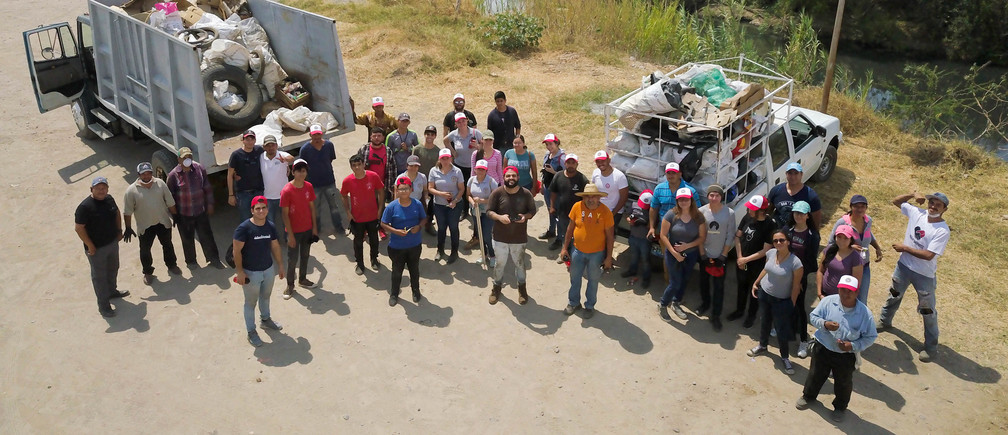The importance of climate education in a COVID-19 world
PublicationsThe World Economic Forum COVID Action Platform
- The role Latin American families play in their children’s education is well documented.
- But new research suggests children play a big role in encouraging their parents to behave more sustainably.
- A national climate change education programme in schools would have much wider environmental benefits.
New generations of children and adolescents are increasingly taking action to ensure their future wellbeing against the implications and effects of climate change. They are key actors, therefore, who should be taken into consideration when creating policies that will incite the behavioural changes necessary to combat climate change.
Much attention has been drawn to the importance and participation of Latin American families in their children’s education. A 2005 UNESCO report points out that parents in Latin America are fully involved in the education and development of their children. Given their increased participation, they are able to exercise their power and authority for a longer time in comparison to families in other continents.
The report also mentions that the first educators of children are mothers and fathers, and that the education children obtain at school is an extension of what is learned at home. The organization which I direct – Sin Planeta B (No Planet B) – has been evaluating the extent to which educating children on climate change in Mexico can be effective in creating a more sustainable future by impacting their parents’ behaviours.
Previous studies have shown how children can transmit and translate the knowledge they obtain in school when back at home, enabling their families to improve their attitudes and decisions towards eating and healthy activities. Similarly, children are now using their knowledge and agency to influence their families in Mexico to favour better, more sustainable decisions when it comes to climate change.

